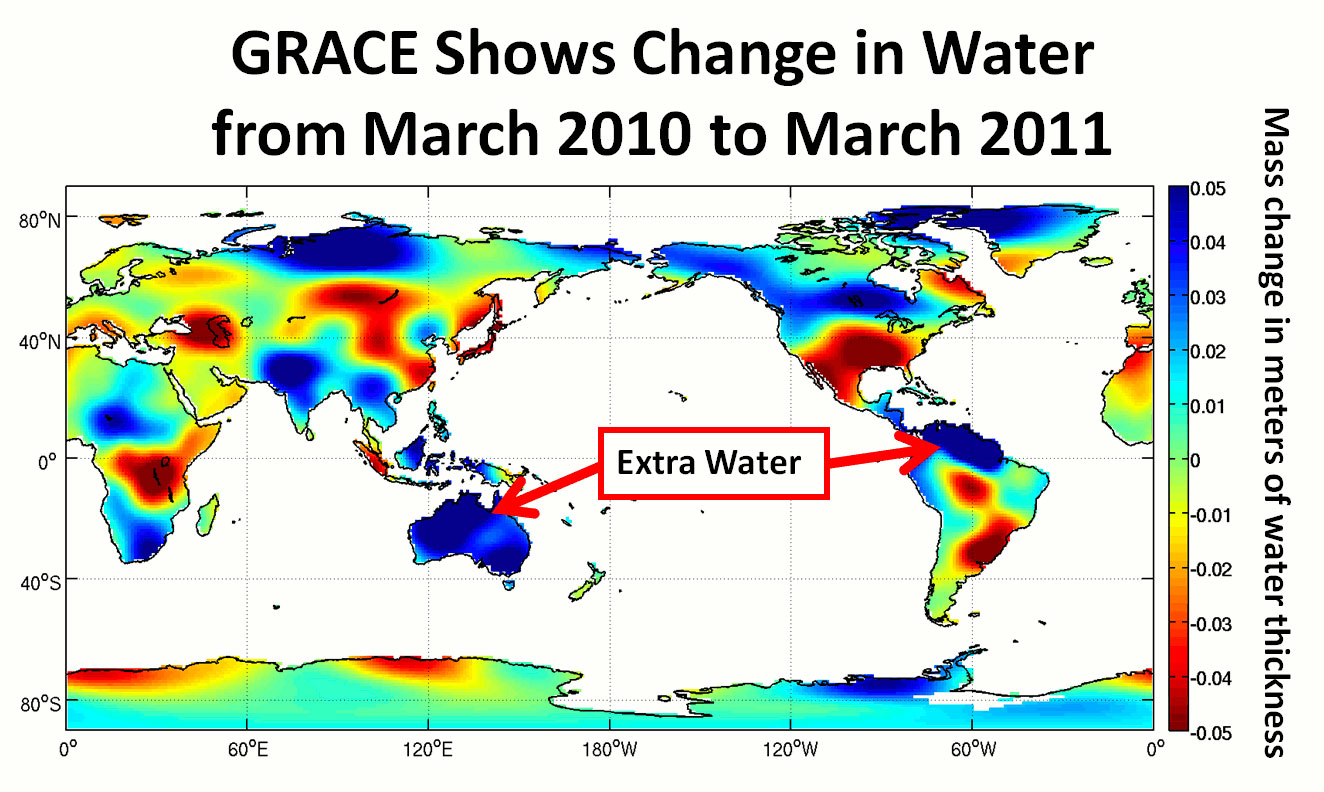 Arguments
Arguments
 Software
Software
 Resources
Comments
Resources
Comments
 The Consensus Project
The Consensus Project
 Translations
Translations
 About
Support
About
Support


Latest Posts
- Fact brief - Can nearby solar farms reduce property values?
- Sea otters are California’s climate heroes
- 2026 SkS Weekly Climate Change & Global Warming News Roundup #06
- Skeptical Science New Research for Week #6 2026
- The future of NCAR remains highly uncertain
- Fact brief - Can solar projects improve biodiversity?
- How the polar vortex and warm ocean intensified a major US winter storm
- 2026 SkS Weekly Climate Change & Global Warming News Roundup #05
- Help needed to get translations prepared for our website relaunch!
- Skeptical Science New Research for Week #5 2026
- Climate Variability Emerges as Both Risk and Opportunity for the Global Energy Transition
- Fact brief - Are solar projects hurting farmers and rural communities?
- Winter 2025-26 (finally) hits the U.S. with a vengeance
- 2026 SkS Weekly Climate Change & Global Warming News Roundup #04
- Skeptical Science New Research for Week #4 2026
- WMO confirms 2025 was one of warmest years on record
- Fact brief - Do solar panels release more emissions than burning fossil fuels?
- Keep it in the ground?
- 2026 SkS Weekly Climate Change & Global Warming News Roundup #03
- Skeptical Science New Research for Week #3 2026
- Climate Adam - Will 2026 Be The Hottest Year Ever Recorded?
- Fact brief - Does clearing trees for solar panels release more CO2 than the solar panels would prevent?
- Where things stand on climate change in 2026
- 2026 SkS Weekly Climate Change & Global Warming News Roundup #02
- Skeptical Science New Research for Week #2 2026
- UK renewables enjoy record year in 2025 – but gas power still rises
- Six climate stories that inspired us in 2025
- How to steer EVs towards the road of ‘mass adoption’
- 2026 SkS Weekly Climate Change & Global Warming News Roundup #01
- Skeptical Science New Research for Week #1 2026
Archived Rebuttal
This is the archived Basic rebuttal to the climate myth "Sea level fell in 2010". Click here to view the latest rebuttal.
What the science says...
|
Sea level fluctuations during El Niño (rising) and La Niña (falling) are the result of large exchanges of water between land and ocean in the form of rain and snow. This averages out to zero over time. It does not affect long-t |
A number of climate not-so-skeptics have been exploiting global sea level data in their latest attempt to hide the incline. Skeptical Science readers will be very familiar with the tactics the "skeptics" use to make this argument:
- Cherrypick a very small amount of data during which the short-term noise has dampened the long-term incline
- Ignore the long-term trend
- Refuse to examine the reasons behind the short-term change
Climate "skeptics" have used this exact same strategy to hide the incline in global surface temperatures (here and here and here), lower troposphere temperatures (here), and ocean heat content (here and here). We've found that an effective way to reveal the deception of these arguments is with an animated GIF, comparing the long-term data with the short-term "skeptic" cherrypick. Figure 1 makes this comparison for the global mean sea level data during the satellite radar altimiter record (since 1993) from the University of Colorado. The first frame shows the entire record, the second shows four periods of flat or declining mean sea level, and the third shows the most recent short-term decline.
Figure 1: University of Colorado global mean sea level data with a 12-month running average, and short-term declines.
Cause of Short-Term Decline
Figure 1 confirms that yes, global mean sea level has declined slightly over the past year or so, and even slightly more than previous recent short-term declines. But a true skeptic should ask what has caused this short-term decline, especially since it appears counter-intuitive. After all, land-based ice continues to melt rapidly, and the oceans continue to warm rapidly (thermal expansion of ocean water contributes to sea level rise). So what has dampened the long-term sea leve rise illustrated in Figure 1?
As Skeptical Science has previously reported, climate scientists attribute the short-term decline to extreme flooding in 2010. This period also saw a strong La Niña cycle, which typically results in an increase of rain and snow falling over land, which corresponds with a fall in global sea level. 2009 to 2011 saw some epic deluges throughout the world; countries such as Pakistan, Sri Lanka, Australia, the Philippines, Brazil, Colombia and the United States have been hammered with extreme flooding. Figure 2 illustrates where the water has gone.

Figure 2: change in land-based global water storage in the period March 2010 to March 2011, as observed by GRACE gravity satellites. Image from NASA JPL.
Cherry-Flavored Water
In short, arguments that sea level rise has stopped are based on the same tired old "skeptic" tricks of cherrypicking short-term data and ignoring the long-term trend. We know that ocean warming and melting ice will cause sea level to rise over the long-term, and the only reason the sea level rise has temporarily slowed is that there was so much flooding in 2010 - hardly a result worth celebrating. As long as humans continue to warm the planet by increasing the amount of greenhouse gases in the atmosphere, we can expect the long-term sea level rise to continue.
Basic rebuttal written by dana1981
Update July 2015:
Here is the relevant lecture-video from Denial101x - Making Sense of Climate Science Denial
Updated on 2015-07-05 by skeptickev.
THE ESCALATOR

(free to republish)

























































